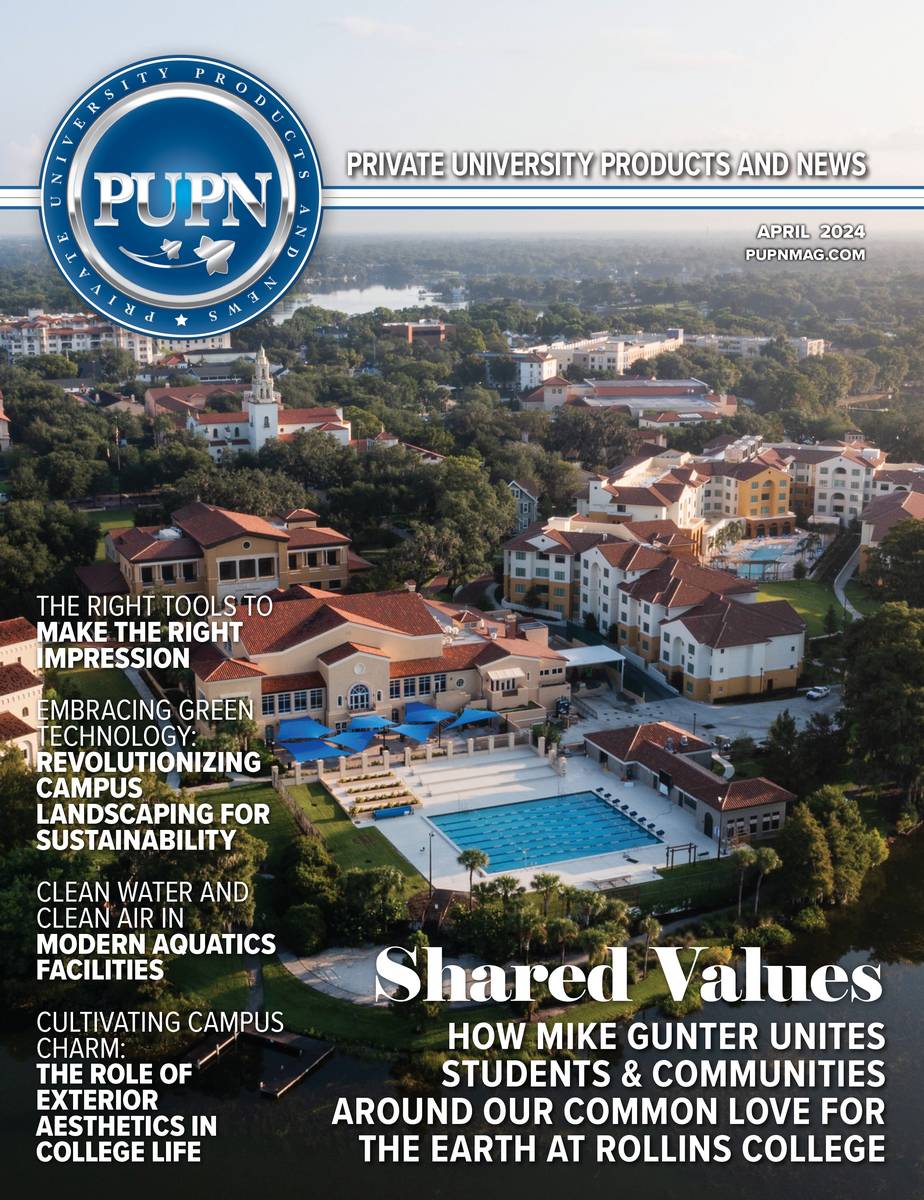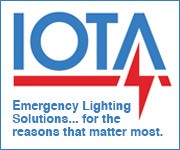Towards the end of the 1990s, some university leaders realized that community engagement needed to be institutionalized to make a lasting impact on both student learning and communities. In 1999, the Kellogg Commission fueled this new development with their “open letter to the Presidents and Chancellors of State Universities and Land-Grant Colleges,” entitled Returning to Our Roots: The Engaged Institution, a 59-page manifesto.
Higher education should serve the public good; its purpose, according to the authors of the open letter, is to bring positive change to society. In their summary, the commission concluded that “we can organize our institutions to serve both local and national needs in a more coherent and effective way.” For a university to be a truly engaged institution, it has to meet the following criteria: (1) It must be organized to respond to the needs of today’s students and tomorrow’s, not yesterday’s; (2) It must enrich students’ experiences by bringing research and engagement into the curriculum and offering practical opportunities for students to prepare for the world they will enter; (3) It must put its critical resources (knowledge and expertise) to work on the problems the communities it serves face.
“Chicago Is Our Classroom and All Chicagoans Are Our Teachers”
At North Park University, we can look back at a long history of community engagement. In fact, it is inscribed in our mission statement as we strive “to prepare students for lives of significance and service through education in the liberal arts, professional studies, and theology.”
Situated in one of the most diverse zip codes in the nation, the university has long proclaimed, “Chicago is our classroom and all Chicagoans are our teachers.” But it wasn’t until this fall that this vision became a reality for all of our undergraduate students.
In order to intensify our engagement with Chicago and to become an engaged institution that meets the criteria cited above, faculty and administrators created both a new undergraduate curriculum and co-curriculum. On Wednesday afternoons, classes aren’t held on campus anymore; instead, students are out and about in the city to explore a wide range of institutions and organizations as part of their assignments.
They visit Chicago’s financial district, the various science centers, museums, community- based organizations, libraries, businesses, and cultural institutions. Students interact and connect with community leaders and learn first-hand about the challenges Chicago’s neighborhoods face.
As Nicholas V. Longo and Cynthia M. Gibson recently stated in “Collaborative Engagement: The Future of Teaching and Learning in Higher Education,” this type of collaborative engagement is “distinctive in its focus on community, the recognition that learners are co-creators of knowledge through democratic education, and the involvement of a diverse range of participants in deliberative conversations to address real-world problems.” We see linking real-life experiences with readings, lectures, lab work, and in-class discussions as key for a truly transformative educational experience.
A Unique Name for a Unique Program
It took us a while to come up with a unique name for our unique program. As linguistics know, metaphors play a significant role in framing human perception and interaction. In Metaphors We Teach By: How Metaphors Shape What We Do in Classrooms, Ken Badley and Harro Van Brummelen recently demonstrated that metaphors are equally important in education. Among metaphors educators like to use is the word “catalyst,” as “[f]or some teachers, catalyst metaphors best catch the feature of teaching that leads most effectively to student learning: student engagement.”
That was one of the reasons why we decided to name our new campus-wide experiential program “Catalyst 606_ _.” As it is our goal to engage the city of Chicago, we added the first three digits of the city’s zip code, 606. The two underscore characters in “Catalyst 606 _ _” stand for the remaining digits that are designated for the very distinct 77 neighborhoods of Chicago.
In addition to launching the campus-wide program for undergraduates, North Park’s Provost, Michael Emerson, a leading sociologist and urban studies expert, created the “Catalyst Hub.” This center not only oversees all civic and community engagement activities for undergraduates, but also supports faculty in their community-based research projects. In order to foster and expand meaningful community engagement, North Park University also strives to develop publicly engaged scholars who can make a difference in the city of Chicago.
What’s Next?
Even though we focus on engagement with the city of Chicago, our vision goes beyond our immediate context. It is our goal to internationalize our campus more in the coming years and to provide opportunities for our students to experience engaged learning opportunities in urban contexts abroad.
Morale on campus remained high during the two years of intensively planning and finally implementing significant curricular changes, as the vast majority of faculty have been enthusiastic about the new vision for the university. Now that we have launched our inaugural “Catalyst 606_ _” year, we know that there is a learning curve ahead of us and we will try our best to overcome hurdles along the way that we didn’t foresee.
However, from a dean’s perspective, I remain confident that encountering challenges won’t curb our enthusiasm for the program. Getting used to new teaching schedules, adjusted and enhanced syllabi, as well as different committee and department meeting times is not an easy feat. There is a reason why we usually stay away from drastic changes affecting the entire university. As one dean from another institution recently told me, “You don’t mess with the undergraduate curriculum.” Well, we just did and we’re not looking back.










